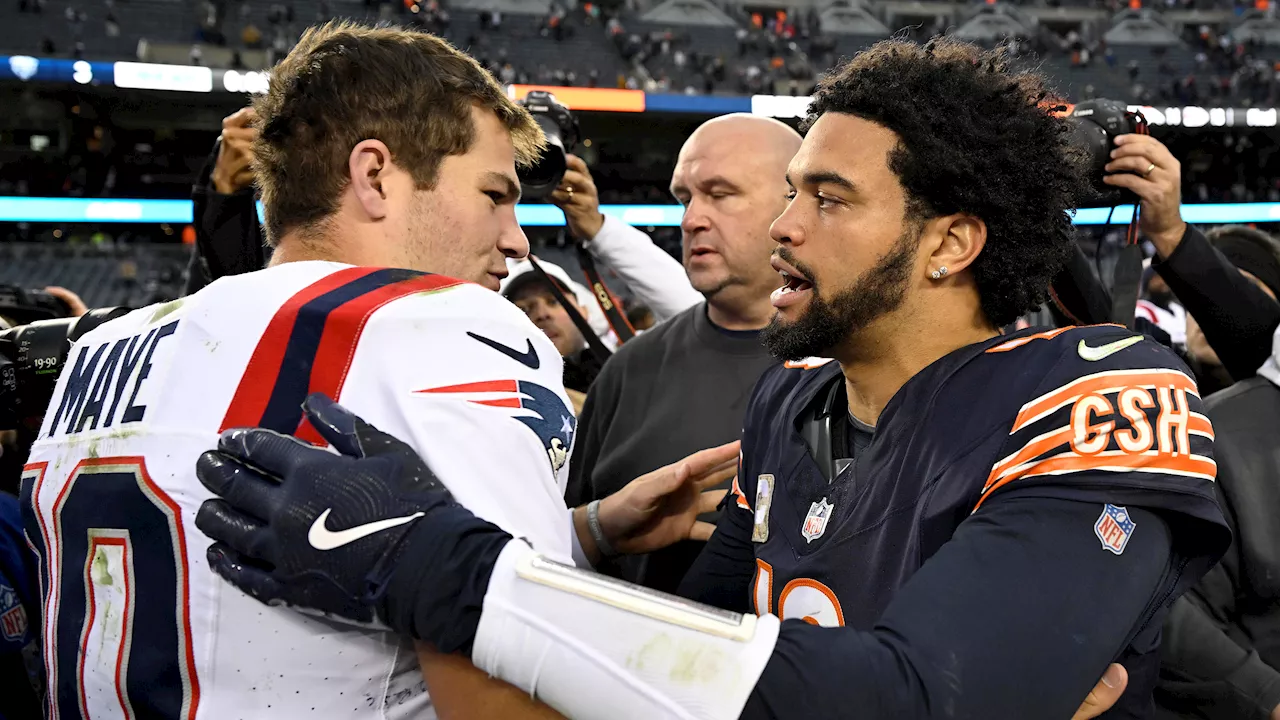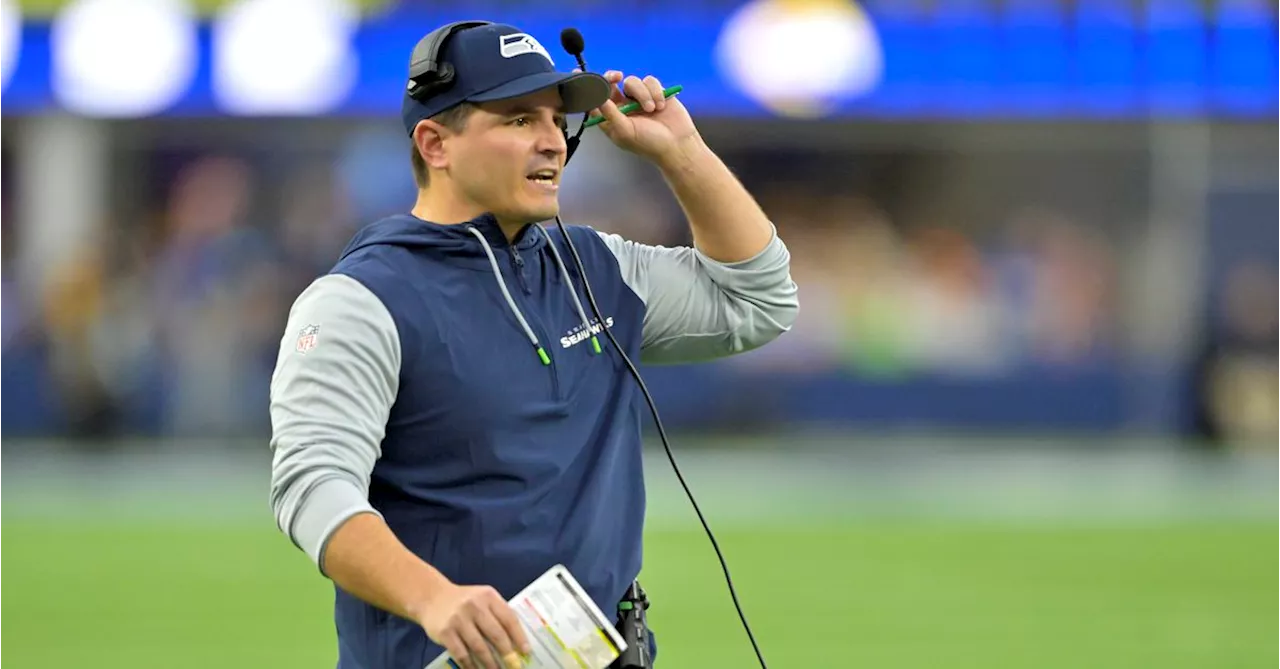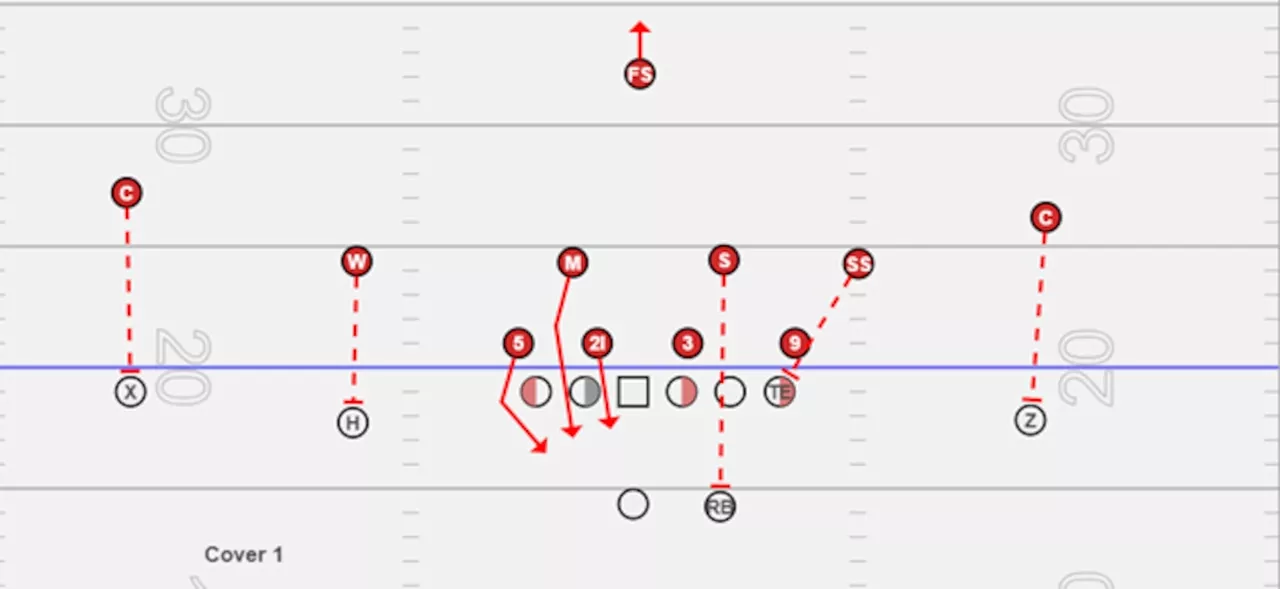This episode discusses how to improve employee performance by focusing on their strengths instead of correcting their weaknesses. Researchers Marcus Buckingham and Ashley Goodall argue that traditional feedback methods often hinder growth and propose a new approach centered on leveraging individual talents.
argue that many managers invest too much energy in correcting weaknesses. Instead, they encourage leaders to focus on developing employees’ strengths. Buckingham and Goodall are the authors of the book,” In this episode, they explain how to lead more effective conversations about performance by focusing on what your team members do best.
ASHLEY GOODALL: So, I think the first thing to say is yes, and then you have to understand what you get from that. So, if you help people fix their mistakes, you get fewer mistakes. Mistake-free isn’t the same as great, and it’s not the same as excellent. The problem has become we then moved from constant ongoing attention, which is clearly a good thing, into a fetish with feedback on, as Ashley says, stuff that you need remediating on.
ASHLEY GOODALL: And then there are a couple of things even with that -10 to 0 bit that I think are important. So, your example was communication skills, right? If we turn around and say we’ll do it like this, which is what a lot of that sort of feedback looks like, if I were you I would do it like this, or you need to be like this or – what you’re asking somebody to do is to be more like you.
And I think, I want to help my colleague, Ashley, who has not read an audiobook before. So, I jump into the studio and I come out of my first day, and I say, listen, the thing you got to do is you’ve got to think about the fact that you’re reading a very sort of intimate experience, reading a book, and it’s an intimate experience on the receiving end. So, imagine you’re talking to the person who’s the producer like over coffee. And I’m loving my advice, I’m feeling I’m super helpful.
So, from that perspective, we know too that a team leader is not a source of truth about what your weaknesses are or are not whether you have lots of strategic thinking or not. What a team leader owes a team member is their reaction only. And we know that the best sort of reaction is one that allows me to share with you my reaction about something that really worked. That’s what we know. Areas of growth aren’t weaknesses. Areas of growth are strengths.
But Lorne Michaels said he, every day he’d pass him in the hall and he would be dripping with, he hated it, and he’s good at it. So, what do you call that? What do you call something that you’re really, really good at that you hate? Well, it’s weird to call it a strength because it depletes the living daylights out of you.
ASHLEY GOODALL: You know, we talk a lot about leadership, and we talk about the lists of things that leaders have to have. And we want leaders to be well-rounded, and we like them to be strategic and tactical and inspirational and vulnerable, we like all the things on the list. We want them in many ways to be the most well-rounded of the well-rounded people.
And then the last thing is you’re sitting at a particular juncture in an org chart, in an organization, you have a team, there are two jobs and then a third little bit, if you like. The two jobs are, make everybody on the team feel seen for who they are – for their unique strengths, appetites, desires, the things they run towards.
My answer is always the same – have them meet the people who are using the tools and ask those people what they think. Have them meet the people who are having goals cascaded down to them. Have them meet people who are being put into one box of a nine box and told that they lack potential in some way. Have them meet people who have been given a performance rating and been told you are a two on a scale of one through five.
And if you push on potential data, ratings data, 360 feedback data, competency measurement data, all the data that we put into our talent management tools, you push on it even a little bit and you find that it doesn’t hold up, it doesn’t measure what it’s saying it’s measuring. The ratings of performance don’t measure performance. The ratings of competency don’t measure the competency.
And you add more ratings points, data points, because it’s systematic error, you get more error, not less.
ALISON BEARD: Yeah. So, if I’m a manager working in an organization that isn’t going to flip the switch immediately and change how they do everything, what can I do tomorrow to make my team happier, more engaged, more productive?
EMPLOYEE DEVELOPMENT STRENGTHS FEEDBACK PERFORMANCE MANAGEMENT LEADERSHIP
United States Latest News, United States Headlines
Similar News:You can also read news stories similar to this one that we have collected from other news sources.
 Which NFL Head Coaching Job is Most Appealing?This article analyzes the appeal of several NFL head coaching vacancies, focusing on the strengths and weaknesses of each team.
Which NFL Head Coaching Job is Most Appealing?This article analyzes the appeal of several NFL head coaching vacancies, focusing on the strengths and weaknesses of each team.
Read more »
 Evaluating the NFL's Rookie Head Coaches of 2024A look at how the NFL's newest head coaches fared in the 2024 season, focusing on their strengths, weaknesses, and impact on their respective teams.
Evaluating the NFL's Rookie Head Coaches of 2024A look at how the NFL's newest head coaches fared in the 2024 season, focusing on their strengths, weaknesses, and impact on their respective teams.
Read more »
 This Year’s New Oscar Front-Runner Is Almost a Masterpiece. Then Comes That Ending.A review of the latest film about the life of László Tóth, exploring its strengths and weaknesses, particularly focusing on the ambiguous and controversial ending.
This Year’s New Oscar Front-Runner Is Almost a Masterpiece. Then Comes That Ending.A review of the latest film about the life of László Tóth, exploring its strengths and weaknesses, particularly focusing on the ambiguous and controversial ending.
Read more »
 Cover 1 vs. Cover 3: What are the differences, strengths and weaknesses? — Football 101As fans get ready to watch the Eagles and the Chiefs in the Super Bowl on Feb. 9, let's break down the differences between Cover 1 and Cover 3.
Cover 1 vs. Cover 3: What are the differences, strengths and weaknesses? — Football 101As fans get ready to watch the Eagles and the Chiefs in the Super Bowl on Feb. 9, let's break down the differences between Cover 1 and Cover 3.
Read more »
 NFL playoff preview: Biggest strengths, question marks for all 14 teamsWe break down everything you need to know about every team in the postseason, including the X-factors that could make all the difference.
NFL playoff preview: Biggest strengths, question marks for all 14 teamsWe break down everything you need to know about every team in the postseason, including the X-factors that could make all the difference.
Read more »
 Virgo in Love: Compatibility, Strengths, and ChallengesDiscover how Virgos navigate relationships, their ideal partners, and potential compatibility with other zodiac signs.
Virgo in Love: Compatibility, Strengths, and ChallengesDiscover how Virgos navigate relationships, their ideal partners, and potential compatibility with other zodiac signs.
Read more »
